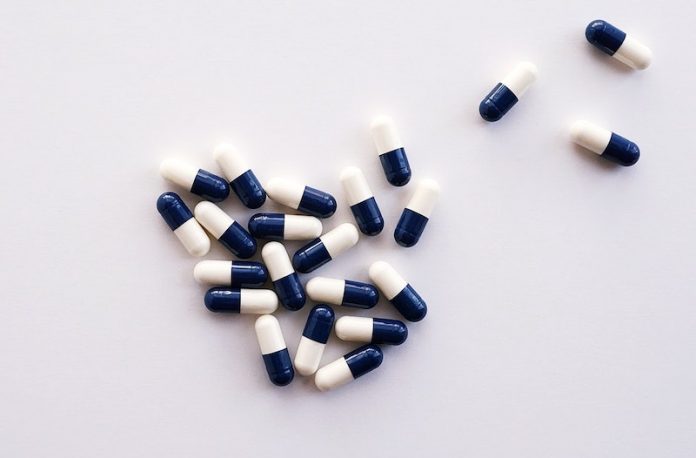
Scientists from the University of California, Irvine found antihistamines may provide relief for the millions of people suffering from the painful, debilitating symptoms of long COVID-19 that impair daily functioning.
The research is published in The Journal for Nurse Practitioners and was conducted by Melissa Pinto et al.
The effects of COVID-19 on individuals range from mild symptoms to several weeks of illness to ailments including brain fog, joint pain, exercise intolerance, and fatigue that last for months after the initial infection.
The clinical term for these lingering long COVID-19 effects is post-acute sequelae of SARS-CoV-2 (PASC), for which there is no standard treatment.
Currently, there is no cure for PASC, only symptom management. A number of options are being tried, with antihistamines being one of them.
The possibility that an easy-to-access, over-the-counter medication could ease some of the PASC symptoms should offer hope to the estimated 54 million people worldwide who have been in distress for months or even years.
The case report described two healthy, active middle-aged women with PASC who found, by chance, that antihistamines led to greatly enhanced daily function, now sustained for almost a year.
Both took over-the-counter antihistamines to treat other conditions—the first one had triggered her dairy allergy by eating cheese, and the other had run out of the allergy medication she usually took—and experienced improved cognition and much less fatigue the next morning.
The first woman’s long COVID-19 symptoms also included exercise intolerance, chest pain, headaches, a rash, and bruising, while the second coped with joint and abdominal pain, as well as the rashes and lesions known as “COVID toes.”
In the first case, the woman didn’t take another antihistamine for 72 hours; when her symptoms reappeared, she took the medication and again found relief.
With guidance from her primary health care provider, who prescribed her an antihistamine, she began a daily dosage that has significantly decreased her other long COVID-19 symptoms.
She reported that she has regained 90% of her pre-COVID-19 daily function.
In the second case, the woman took a different over-the-counter antihistamine as a substitute for what she had taken for years to manage her seasonal allergies.
After noting that her long COVID-19 fatigue and cognition had improved, she continued to take it daily along with other allergy medicine.
Her course of treatment, which now includes both over-the-counter medications, has also significantly reduced her additional long COVID-19 symptoms. She reported that she has regained 95% of her pre-illness functioning.
The team says if patients wish to try OTC antihistamines, they may to do so under medical supervision.
And because providers may not know about new potential treatments, they would encourage patients to be active in their care and consider taking research and case reports.
Sign up for our newsletter for more information about this topic.
If you care about COVID, please read studies that your eyes can show signs of ‘long COVID’, and scientists find a new treatment option for COVID-19.
For more information about COVID, please see recent studies about vitamin D deficiency linked to severe COVID-19 and death, and results showing why people with blood Type O are less likely to get COVID-19.
Copyright © 2022 Knowridge Science Report. All rights reserved.



